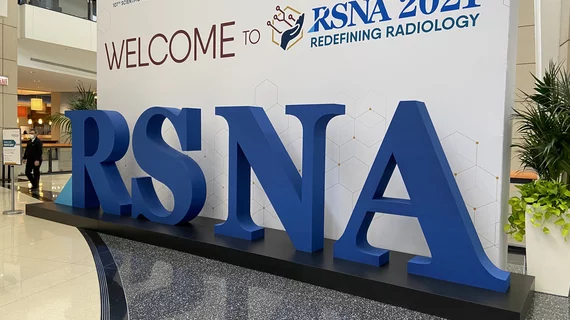Radiology residents using structured templates produce reports requiring fewer edits in substantially less time, new data shared Monday during the RSNA annual meeting suggests.
Many prior investigations have demonstrated the qualitative benefits of structured reporting, including enhanced communication between providers, report clarity, etc. But there remains a need for more quantitative, real-world data to underscore gains in clinical practice.
Jan Vosshenrich, MD, and his radiology colleagues at University Hospital Basel in Switzerland took this to heart, creating in-house reporting templates for neuroradiology CT exams.
Residents’ draft, preliminary and final reports were all tracked for more than one year, concluding in March 2020. Vosshenrich et al. developed an automated system that captured the number of edits required during each stage of the reports.
Looking back over 3,538 documents, the team found notable gains when using templates versus free-text methods.
“We could see that the mean similarity of the residents’ initial draft reports and final draft increased significantly,” Vosshenrich explained Monday.
Specifically, initial drafts showed a 77% similarity with finalized documents. By comparison, free-text reports were only 53% similar from inception to completion.
This held true across individual report templates as well, he noted, including CT for head, stroke and polytrauma indications.
Essentially, residents using templates required fewer overall edits from their draft documents to their finalized radiology report. This also lightened the proofreading workloads for attendings signing off on rad reports.
What’s more, reports were available in electronic health records more than 20 minutes faster than usual and referring providers could access documents 35 minutes quicker, on average, under the structured reporting framework.
“In conclusion, we can say that this reduction in workload seems to positively impact the efficiency in the department because report turnaround times also decreased significantly,” Vosshenrich explained.

